Jeff Probst Announces Survivor Rule Change And It’s Brutal

CBS’s Survivor is going to see a significant change in how quitters are sent off in future episodes, reports Entertainment Weekly. After two contestants quit the game, series host Jeff Probst went through the usual motions and used the snuffer to extinguish the lit torches that are used to signify active gameplay.
Torches Only When Tribe Has Spoken
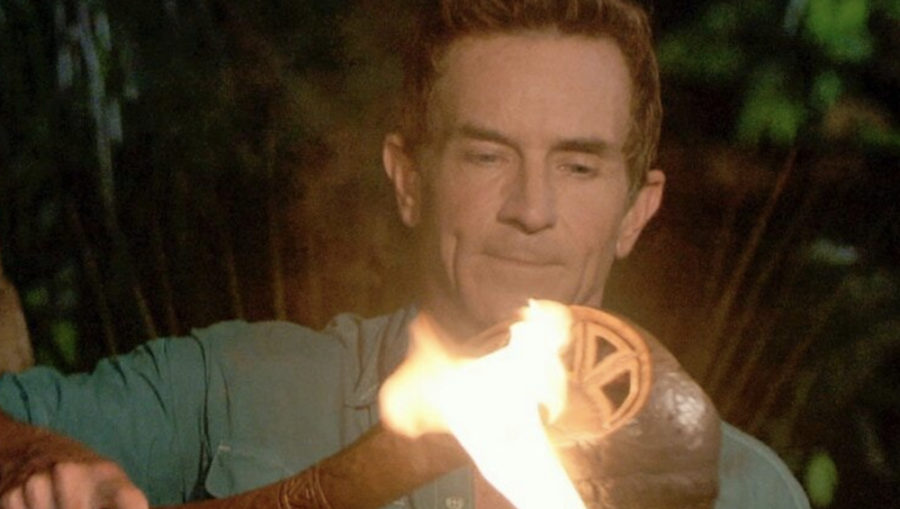
But a recent interview on Live With Kelly and Mark revealed to Survivor audiences that the host will not be so kind to future quitters, and only snuff the ceremonial flame if contestants are voted off the island.
In other words, the Survivor torches will not be snuffed until the tribe has spoken.
Survivor Contestants Have To Play The Game

Probst did not mince his words when he stated that in order for a Survivor contestant’s torch to be extinguished, they have to actually play the game, and not preemptively make a voluntary exit.
This may seem like harsh treatment, but it makes sense when you consider the ordeals that willing participants have to put themselves through while playing the game. In Probst’s mind, it’s not fair that those who decide to call it quits get the same ceremony as contestants who put their best foot forward, and faced elimination through the proper channels.
Quitting Isn’t Typical
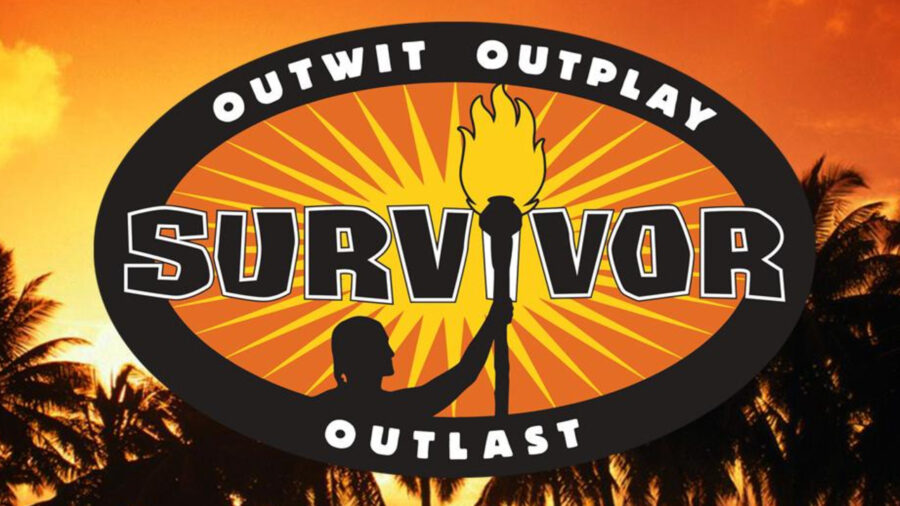
In regard to past Survivor quitters, Probst went on to say that when looking back at all 45 seasons, quitting is not necessarily a common occurrence.
According to his figures, less than one percent of Survivor contestants have ever quit throughout the series’ unthinkable 23-year run.
But this just goes to show you that if you want to experience the glory of getting your torch snuffed out, then you better buck up, and face the wilderness like a true team player.
Psychological Test
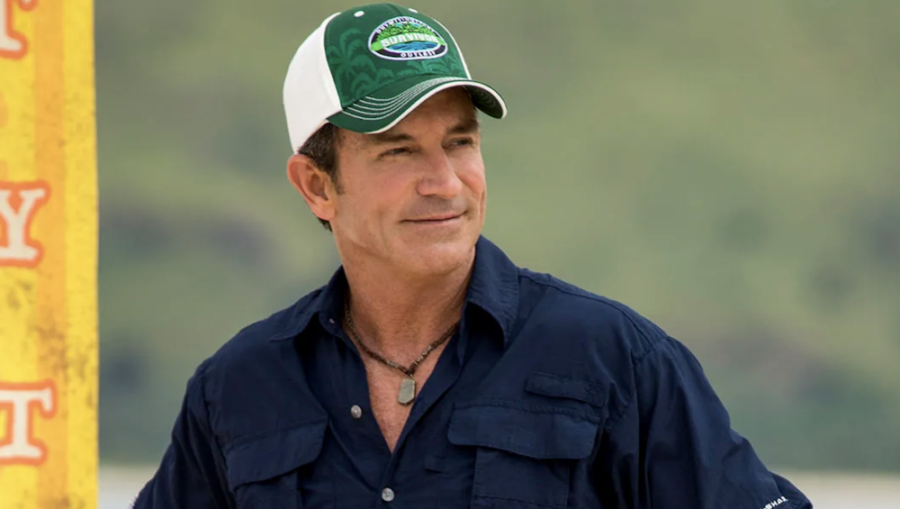
Given the harsh environments that Survivor contestants are thrown into, it makes sense that a small percentage of them want to voluntarily bow out before being eliminated.
Though Probst understands that there are certain psychological and endurance tests that may push a contestant over the edge, he declares that moving forward, quitters will receive different treatment.
It remains to be seen how future Survivor quitters will be cast away from the island, but it’s safe to say that they will not be treated kindly.
Outwit, Outplay, Outlast
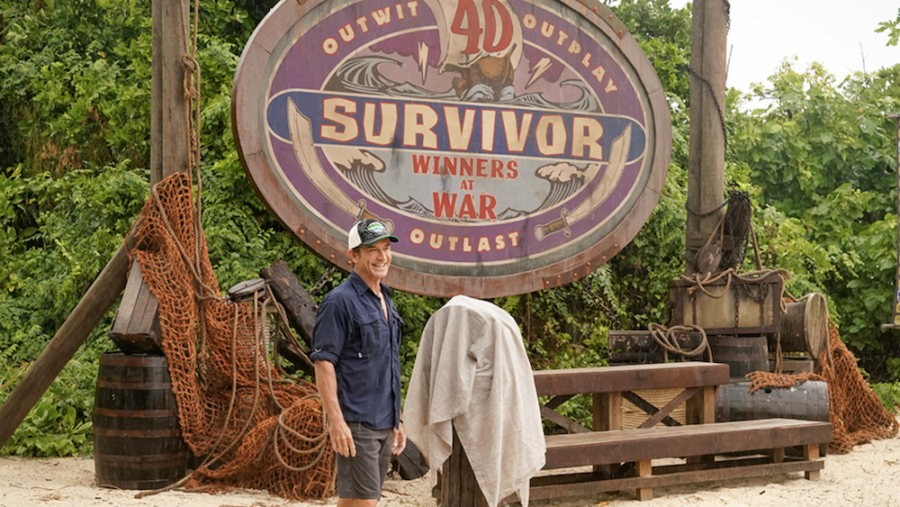
Survivor premiered on CBS in May 2000, and has been a flagship series on the network ever since.
Boasting the tagline “outwit, outplay, outlast,” the series places a group of strangers in an isolated location, where they’re tasked with providing food, fire, and shelter for themselves while concurrently competing in challenges that test their mental agility, as well as their physical endurance.
Through progressive elimination, the contestants are booted out of the competition, having their torches snuffed, until one “Sole Survivor” remains.
$1 Million Prize
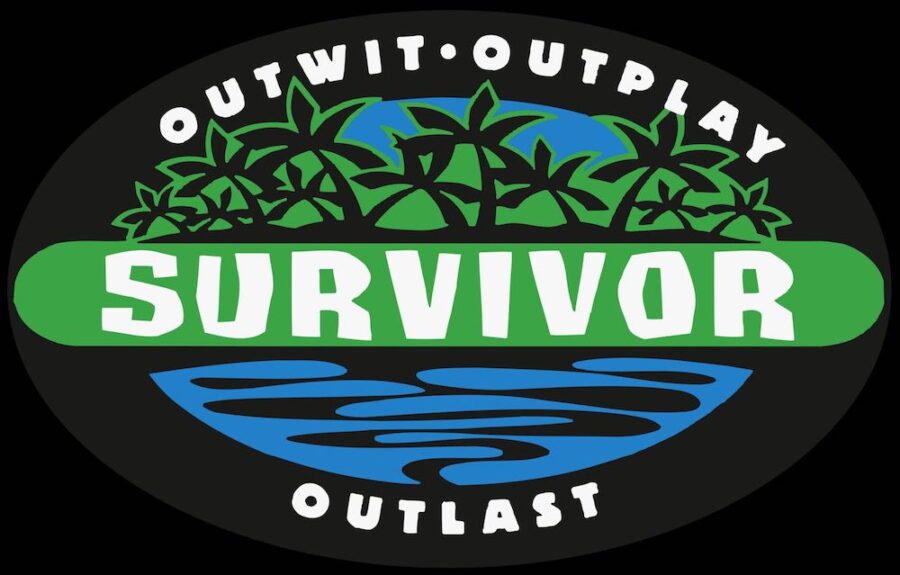
After all is said and done, the Sole Survivor wins a grand prize of $1 million, and the runner-up is awarded $100,000.
With so much at stake, it makes sense that not too many contestants outright quit the show, but rather brave the elements for their shot at winning the grand prize.
But if anybody else decides to quit Survivor moving forward, they will not only forego their torch-snuffing ceremony. They also have to face whatever punishment Jeff Probst has in store for them.











